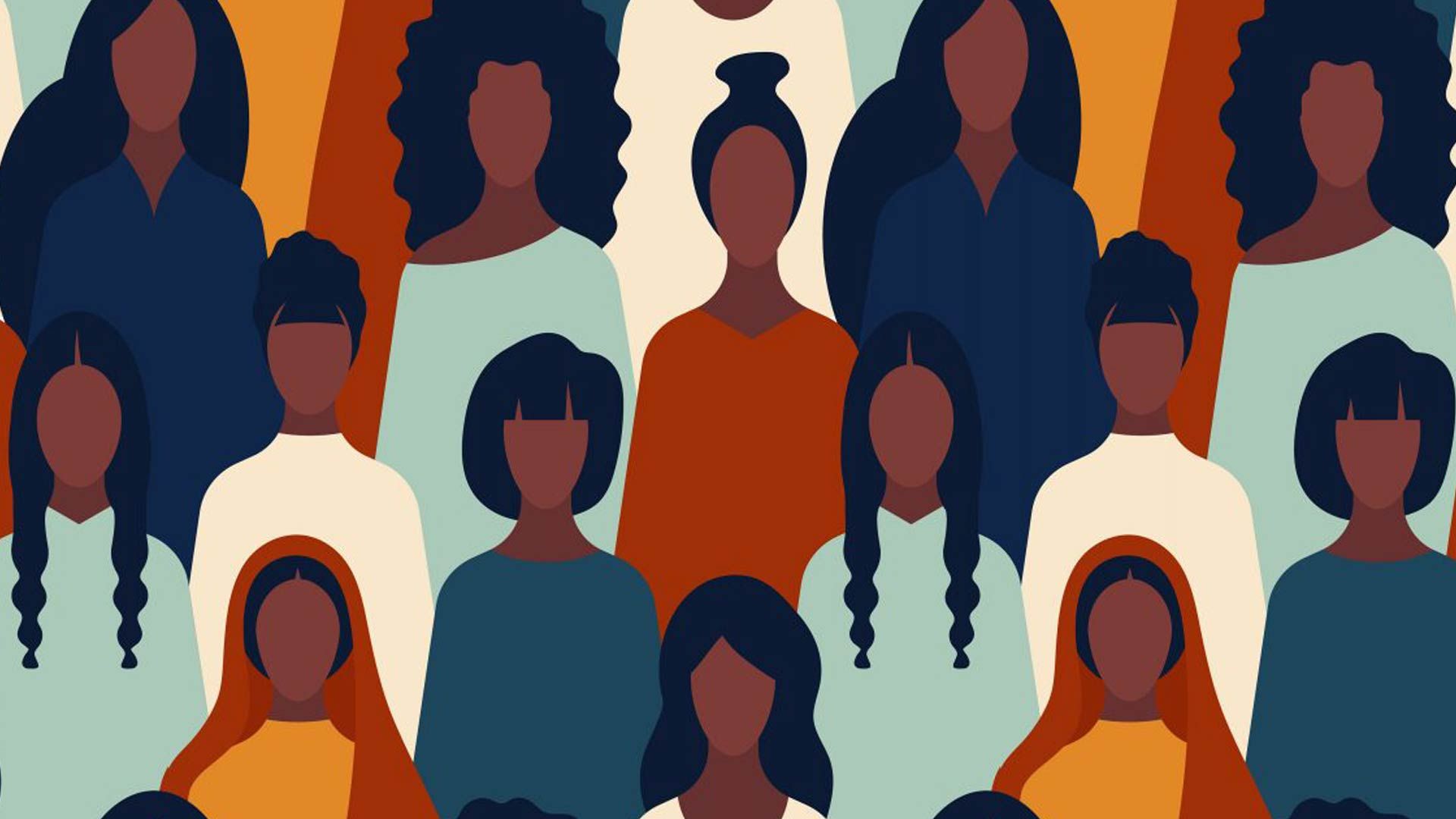Barriers & Stigmas in BIPOC Mental Health Care

July 2022 marks the 14th annual observance of BIPOC (Black Indigenous People of Color) Mental Health Month. Originally known as Bebe Moore Campbell National Minority Mental Health Month, Bebe Moore Campbell was the co-founder of NAMI Inglewood (National Alliance on Mental Illness). She reasoned that, while there is a stigma around mental health care for everyone, and no one wants to admit that they are not “in control” of their mind, People of Color are especially impacted by this because they already feel stigmatized by societal racism and systemic prejudice in the health care system.
In addition to the negative effects the COVID-19 pandemic has had on the general population, for People of Color, this has also been augmented with racial violence and discrimination. There are challenges unique to People of Color within the mental health community, and our goal here is to bring awareness to these challenges and offer solutions to help create a more inclusive, mindful environment.
Quick facts & stats:
- Black Americans and Hispanic Americans use mental health services at about half the annual rate of white Americans.
- Asian Americans use mental health services at about a third of the annual rate of white Americans.
- 36% of Hispanic Americans with depression received care—compared to 60% of white Americans.
- In 2018, over 50% of Black Americans struggling with severe mental illness did not receive treatment. This number increased when looking specifically at Black American young adults.
- Only 8.6% of Asian Americans seek any type of mental health services or resources compared to 18% of the general population.
- More than 80% of Black Americans are concerned about the stigma surrounding mental illness, which discourages them from seeking treatment.
- Language barriers between patients and providers, the stigma of mental illness in communities of color, and the cultural presentation of symptoms contribute to misdiagnoses.
Jefferson Center has taken steps to help spread awareness and support mental health in the BIPOC community. This includes implementing and consulting with our BIPOC Steering Committee, a monthly Cultural Consultation Group, an annual training on Black Mental Health, and providing resources to our staff that discusses race and racism within mental health care. However, we also want to stress that an organization’s work is never finished when it comes to advocating for BIPOC Mental Health Care. It is on us as mental health advocates to actively dismantle these stigmas, celebrate diversity, and ensure equity for all.
What you can do to help:
- Seek out opportunities to learn about other cultural experiences and perspectives. Jefferson Center has several blogs that discuss race and trauma in mental health care:
- Utilize culturally responsive education and training. Ensure that these training are followed by policies that put this knowledge into action.
- For mental health care practitioners: implement inclusive recruitment and hiring practices to maintain a diverse mental health care setting. Clients often feel more comfortable if their mental health care provider is someone who can more directly understand their experiences.
- Provide linguistically necessary resources to eliminate language barriers that may affect a client’s ability to receive care.
- This year, Mental Health America is adopting the theme #BeyondTheNumbers to highlight the historical context, systems of support, and actionable ways we can progress toward a more equitable future. You can download their toolkit through this link: BIPOC Mental Health Month | Mental Health America (mhanational.org).
- Kiara’s Note – Blog
- Mental Health Matters – Blog
- Voices of Hope – Blog
- Humans of Jefferson Center
- Addiction & Substance Use
- Anxiety
- Child Mental Health
- Crisis and Trauma
- Depression
- Exercise
- Just The Facts
- LGBTQIA+ & Pride
- Medicaid
- Men’s Mental Health
- Parenting
- Recovery
- Senior and Older Adult
- Socializing
- Stigma
- Stress
- Suicide Prevention
- Support & Advocacy
- Teen’s Mental Health
- Treatment Options
- Women’s Mental Health